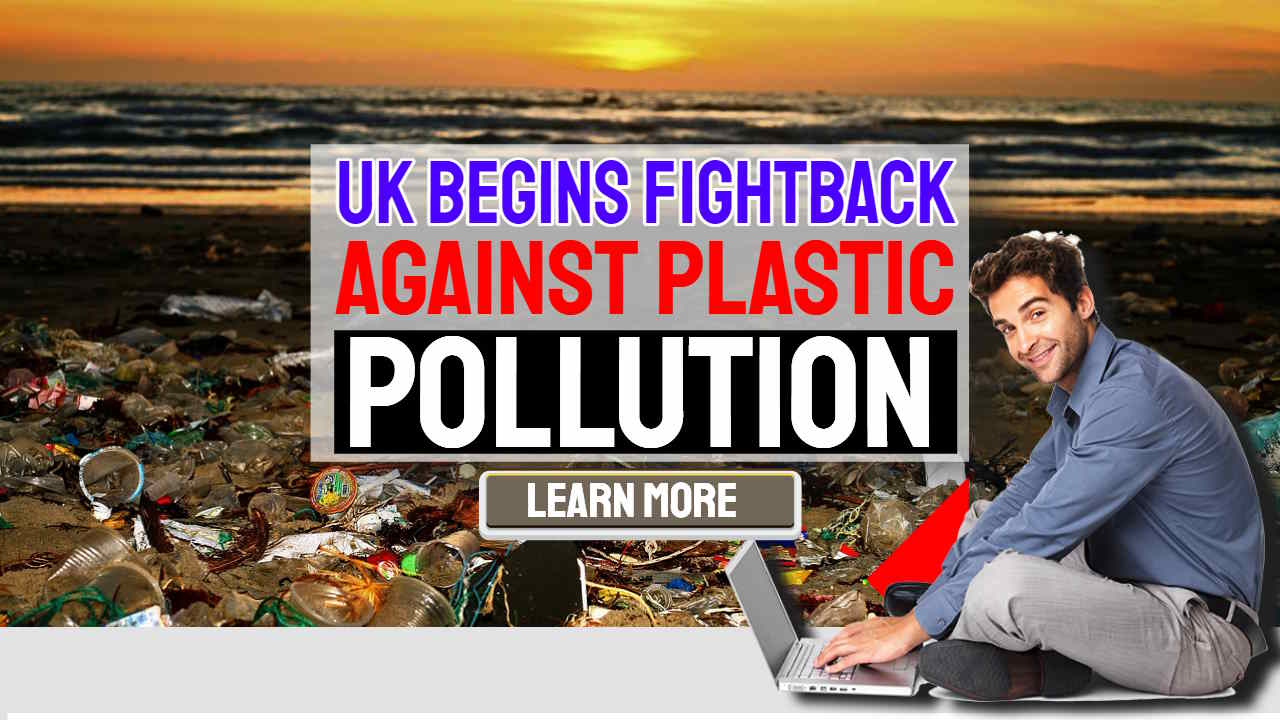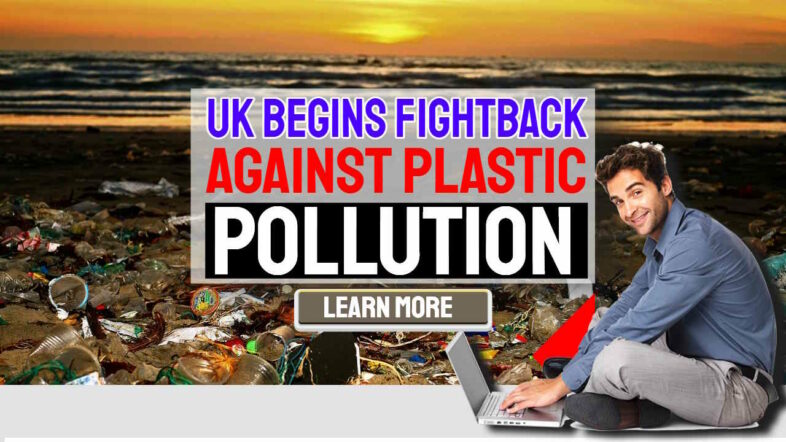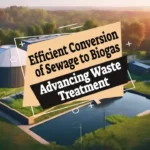The UK government has signed a Ministerial Statement calling for an ambitious global plastic pollution treaty to tackle plastic pollution and protect the marine environment. A plastic pollution treaty is sought for:
- including a reduction in single-use plastics,
- the improvement of waste management and recycling systems, and
- the promotion of sustainable and circular economy models.
The UK government seems to be committed to playing a leading role in the fight against plastic pollution and has already implemented several measures to tackle the issue, such as a ban on microbeads and a plastic bag charge.
The Harmful Effects of Plastic Pollution
Plastic pollution has become a major environmental issue, with devastating consequences for the planet’s ecosystems and wildlife. Plastic waste, especially single-use plastics such as straws, bottles, and bags, is one of the leading causes of marine pollution. Every year, millions of tonnes of plastic waste end up in the oceans, choking marine life, and disrupting the food chain. Plastic pollution also affects human health, with microplastics found in seafood and drinking water.
The UK’s Progress So Far in Tackling Plastic Pollution
The UK has already taken significant steps towards reducing plastic pollution, with measures such as the ban on microbeads and the introduction of a plastic bag charge. The government has also pledged to eliminate avoidable plastic waste by 2042 and has launched several initiatives to support this goal, such as the Plastics Pact and the Deposit Return Scheme. However, there is still more work to be done, with calls for further action on single-use plastics and improving waste management systems.
UK Strengthens Pledge To End Plastic Pollution By 2040
The UK, alongside 52 other members of the High Ambition Coalition (HAC) to End Plastic Pollution, has signed a far-reaching Ministerial Statement, calling for an ambitious global plastic pollution treaty to tackle plastic pollution and protect the marine environment. The Joint Ministerial Statement, published in May 2023, calls for mandatory provisions to be included in the global plastic pollution treaty, including measures to reduce plastic waste and pollution, improve waste management and recycling, and support the development of sustainable alternatives to single-use plastics.

Microplastics In Our Oceans
Microplastics are small pieces of plastic that have entered the marine environment and can come from a range of sources, including synthetic fibres from clothing, the breakdown of larger plastic items, and microbeads in personal care products. The impact of microplastics on marine life is concerning, as the particles can be ingested by marine organisms and enter the food chain, potentially causing harm to both wildlife and humans who consume seafood.
The UK Leads In Combating Microplastic Pollution
The UK has been at the forefront of efforts to combat microplastic pollution, with a ban on microbeads in personal care products coming into effect in 2018. The UK has also implemented measures to reduce plastic waste and pollution, including a plastic bag charge and a ban on single-use plastics. The signing of the Ministerial Statement by the UK signals a strong commitment to tackling the issue of plastic pollution at a global level and promoting sustainable practices.
The Importance of Global Cooperation to Halt Plastic Pollution
Plastic pollution is a global issue, and addressing it requires international cooperation and collaboration. The UK’s joining of the High Ambition Coalition to End Plastic Pollution and signing of the Ministerial Statement calling for a global treaty is a crucial step towards addressing the issue of plastic pollution on a larger scale.
The treaty will encourage nations to work together towards a common goal, and the mandatory provisions will ensure that action is taken to reduce plastic pollution globally.
Moving Forward: The Importance of Individual Action
While global cooperation and government action are crucial in the fight against plastic pollution, individual action is also essential.
Consumers can play a key role in reducing plastic pollution by adopting sustainable practices such as reducing their use of single-use plastics, recycling, and supporting businesses that use environmentally friendly packaging. By making small changes in their everyday lives, individuals can contribute to a cleaner, healthier planet for future generations.
Why Organic Waste Processing in Recycling Centres is Part of the Problem and Needs Urgently Rethinking
Plastic waste has become a global issue, and as the world digitizes and automates, the amount of plastic waste is only increasing.
Recycling facilities have been built and should be operated as a sustainable solution to this problem, but there is new information that suggests that recycling facilities may actually be contributing to the problem.
The shredding and milling process used in these facilities is actually causing a scandalous increase in microplastics during the treatment of municipal waste. This article will explore this issue in detail, providing new insights and information for readers.
THE RISE OF MICROPLASTICS
Microplastics are small plastic particles, less than five millimeters in size, that are causing increasing concern among scientists and environmentalists. Although microplastics are present in many different environments, including marine and freshwater, they are particularly problematic in municipal waste treatment facilities. The shredding and milling process used in facilities that recycle plastic waste has been found to break down larger plastic particles into much smaller microplastic particles.
THE PROBLEM WITH MICROPLASTICS
The issue with microplastics is that they are incredibly difficult to remove from the environment once they enter it. They are too small to be filtered by traditional filtration methods, and so they end up in waterways, where they can harm marine life and potentially enter the food chain.
Microplastics can also cause environmental damage by reducing the amount of oxygen in the water and blocking sunlight from reaching marine plants.
THE ROLE OF MUNICIPAL RECYCLING FACILITIES
Recycling facilities should be a crucial part of the fight against plastic waste, and they are funded by the public to offer a sustainable solution to the problem.
However, the use of shredding and milling techniques in these facilities is actually contributing to the problem of microplastics.
The shredding and milling process breaks down plastic objects into smaller particles, which then become more difficult to filter out of the recycling process. As a result, more of these particles end up in the environment as microplastics.
ALTERNATIVES TO SHREDDING AND MILLING
There are alternatives to shredding and milling techniques that could be used in recycling facilities. For example:
- Low Impact low destruction depackaging and separation machines
- Plus a technique called “agglomeration” may be used in the future that involves melting plastic waste and then reforming it into new plastic objects without breaking it down into smaller particles. This technique is more efficient and produces less waste than shredding and milling, making it a potentially better solution for recycling facilities. Read more about
CONCLUSION to our Section on the Scandalous Increase in Microplastics During Organic Waste Recycling Treatment
The scandalous increase in microplastics during the treatment of municipal waste through recycling facilities is a critical issue that needs to be addressed urgently.
While recycling facilities have been considered a sustainable solution to the problem of plastic waste, it is becoming increasingly clear that the use of shredding and milling techniques is actually contributing to the problem of microplastics.
However, there are alternative techniques available that could provide a more sustainable solution for recycling facilities. As we continue to tackle the issue of plastic waste, it is vital that we consider the role of recycling facilities and ensure that they are not contributing to the problem they are designed to solve.
CONCLUSION to Our Article: UK Begins Fightback Against Plastic Pollution
Plastic pollution is a critical environmental issue that requires urgent action on a global scale. The UK’s signing of the Ministerial Statement in May 2023 for a global treaty and joining the High Ambition Coalition to End Plastic Pollution is a significant step towards the goal of ending plastic pollution by 2040.
The issue of plastic pollution in our oceans is a serious concern, but the UK’s efforts to combat microplastic pollution and promote sustainable practices provide hope for a cleaner, healthier environment. With the signing of the Ministerial Statement, the UK is taking a leading role in calling for a global plastic pollution treaty to tackle this issue on a global scale. It is important that governments and individuals alike take action to reduce plastic waste and promote sustainable habits in order to protect our
The harmful effects of plastic pollution are now becoming well known, but there is hope for a cleaner, healthier planet through global cooperation, government action, and individual initiatives.
By working together, we can make a positive impact and strive towards a more sustainable future.
Efficient Conversion of Sewage to Biogas: Advancing Waste Treatment for Sustainable Energy Generation
Read on to learn about advancing foul waste treatment, for sustainable energy generation through the efficient conversion of sewage solids to biogas. When we talk about waste, it can seem like a dirty subject. But what if we could turn that waste into something useful? Imagine the mucky water and sludge from our toilets and […]
The Importance of Carbon Removals in Achieving Net Zero
Carbon removals being the opposite of carbon emissions will be a significant contributor to the effort to reduce the worst effects of climate change and global warming. While reducing emissions is crucial, it is not enough to achieve the goal of net zero by 2050. Active removal of carbon from the atmosphere is necessary. Of […]
US Falling Short on Methane Emissions Reduction Commitments from Landfills: Report
The United States is failing to uphold its commitment to reducing methane emissions from landfills, a promise it made at the Glasgow 2022 Climate Change Conference, according to a new study. The United Nations Framework Convention on Climate Change (UNFCCC) has identified this issue as an easily achievable solution for mitigating climate change within the […]
Cutting Methane Emissions: Key to Avoiding Climate Tipping Points
Recent studies have shown that cutting methane emissions is crucial in limiting global warming to the internationally agreed goal of 1.5-2 degrees Celsius. This is because methane is a potent greenhouse gas that is estimated to be 28 to 85 times more powerful than carbon dioxide in terms of trapping heat in the Earth’s atmosphere. […]








